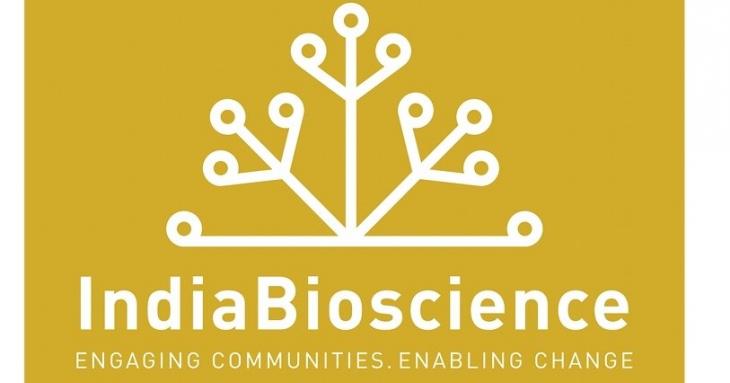-
The insect-eating bats of Chikmagalur
With nearly 60% of land in India being used for agricultural purposes, biodiversity loss is a major concern. In a recent study, researchers led by Shasank Ongole from the National Centre for Biological Sciences (NCBS), Bangalore, studied the diversity of insectivorous bats in coffee plantations in the Chikmagalur district of Karnataka.
-
How British Sentimentality Shaped a Corner of the Nilgiris
Atul Joshi, a PhD student at the National Centre for Biological Sciences, Bengaluru, said that the prevailing attitude towards ecosystems like forest-grassland mosaics and savannahs hasn’t changed much. In a paper he co-authored last year, he described how the historical forester blamed fires and indigenous communities’ cattle-grazing for the “bleak” grasslands, and sought to rejuvenate the “degraded landscape” by planting exotic tree species.
-
How depression affects memory
Forming a memory of people, places, and events is a dynamic process, and many studies have shown that psychiatric disorders such as depression may affect this process.
Now researchers from the National Centre for Biological Sciences (NCBS), Bengaluru, have shown how memories change and get updated over time in people with unipolar and bipolar depression.
-
Science of Conservation
Uma Ramakrishnan is an assistant professor at the National Centre for Biological Sciences (NCBS) in Bengaluru. Her work focuses on population genetics and the evolutionary history of mammals. She is one of India’s leading scientists endeavoring to preserve the tiger population in the subcontinent. SPAN Magazine did an interview with her.
-
Bengaluru team inches closer to cancer cure?
A group of Indian researchers has created a mouse model to study bone marrow and blood disorder that could aid in finding a cure for blood cancer (leukemia). This is collaborative work by the Inamdar lab at JNCASR and NCBS in Bangalore, with RIKEN CDB, Kobe Japan.
-
National Centre for Biological Sciences brings science to apartments, cafes
BENGALURU: Just Be cafe in Sadashivnagar will host a science ..Read more at: -
A genetic method to empower conservation
Scientists have been using genetics to study wild animals for several years now. However, a new genetic method developed by a team, including scientists from Bengaluru’s National Centre for Biological Sciences (NCBS), hopes to make studying as well as conserving wild species quicker, easier and cost-effective by deriving information from animal sources containing extremely low-quality DNA — including faeces and cooked meat.
-
Scant amounts of DNA reveal conservation clues
Now, researchers at Stanford and the National Centre for Biological Sciences at India’s Tata Institute of Fundamental Research have developed a method for extracting genetic clues quickly and cheaply from degraded and left-behind materials, such as feces, skin or saliva, and from food products suspected of containing endangered animals.
-
Topical gel protects farmers from pesticides
Organophosphate pesticides bring about the inhibition of important enzymes (AChE) of the body, which can, in turn, affect the functioning of nervous system, heart, immunity, and even the reproductive system.
Explains Ketan Thorat, a doctoral scholar at the Institute for Stem Cell Science and Regenerative Medicine (inStem), Bengaluru, “The base of the gel is chitosan, a natural substance extracted from the waste shells of crabs and shrimps, to which we added a nucleophile and few aqua reagents to get the consistency and desired pH.”
You are here
NCBS makes News
This is the category Description
















